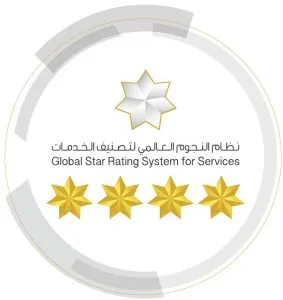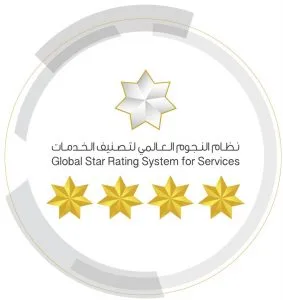It is Not Just a Card
22/09/2013
Some people look at the ID card as an addition to their swollen wallet or card book. They forget, however, that the ID card is the most important method to prove their identity and protect their data against any misuse, and thus they have to keep their ID cards safe, update any changes to their data and instantly report in case of loss. Those people need to think about the great efforts that are concerted in order to provide them with their ID cards within a broader national strategic vision aimed at enhancing security, stability and prosperity of the country for everyone to enjoy safety wellbeing and welfare.
I’m writing these words while reading details of a court case about a card fraud and identity theft crime published recently in the local media. The story started when two expatriates found an ID card pertaining to European man, and instead of handing it to the nearest center of the Emirates Identity Authority or police station, they kept it and somehow were able to obtain a credit card using it. Then they purchased expensive mobile phones to resell them for lesser prices.
Such cases uncovers banks’ mania to issue credit cards without considering the simplest rules in this respect; which is verification of the identity of those who wish to obtain their facilities. In the past, banks used to follow strict rules in dealing with such aspects, but apparently the strong competition in the market and the desire to attract more customers made them forget the basic operational rules, particularly spreading and boosting trust between both parties involved in the transaction and maintaining the reputation and credibility of the bank. What happened also shows the carelessness of many people about their identity documents and inattention to the misuse of their data by unauthorized people through unsafe methods.
In spite of regular warnings by police departments in this regard, we see many greedy victims easily falling in the hands of professional gangs. Upon receiving a phone call or an email congratulating for winning a million US dollars or alleged inheritance of millions of dollars form the last Central African emperor, you find these victims hastily providing their personal data which will be used by the criminal groups; and the dreaming victims will be surprised having lost all their monies or that their names were used in thefts happened in places that they have never been to. Perhaps the latest data theft case was the one unveiled by Dubai police last Wednesday after which Dubai Police launched new warnings about new fraud and theft methods invented by those gangs. One of the methods is that they offer people to pay their utility bills or traffic fines for half of their values. Another criminal group whose members were arrested yesterday have taken around Dhs. 16 million through credit cards fraud and data theft.
It pays to remind the public that ignorance of laws and consequences of dealing with swindlers and scammers doesn’t free anyone from shouldering the responsibility, particularly in matters relating to paying for government services and many other cases where victims would be ready to partner with such criminals in order to get rich quickly through illegal means.
Today, e-crimes have become a reality in a world which is expanding towards smart applications and e-solutions which are based on personal data, a matter that calls for the highest degrees of alertness. After all; it is not just a card!
Latest Blogs
“Customer Councils” as an Opportunity to Improve Services and Enhance Transparency
Youth and Future Vision of the UAE ICP
Emirates Customs” a unified identity to enhance competitiveness
Zero Government Bureaucracy Programme… Emirati leadership
Cancellation of the ‘residence sticker’ is a step to make Customers Happy
The third generation of developed identity and citizenship services embodies the fifty principles
You can help us improve by providing your feedback about your experience.
Have you recently used our services through our digital platforms?




Rate your experience